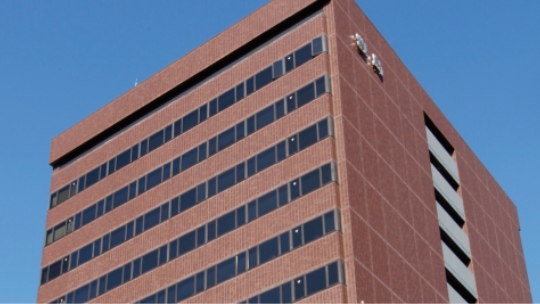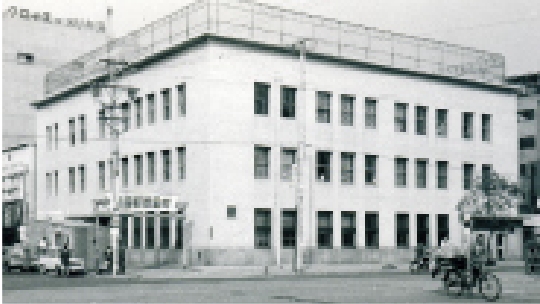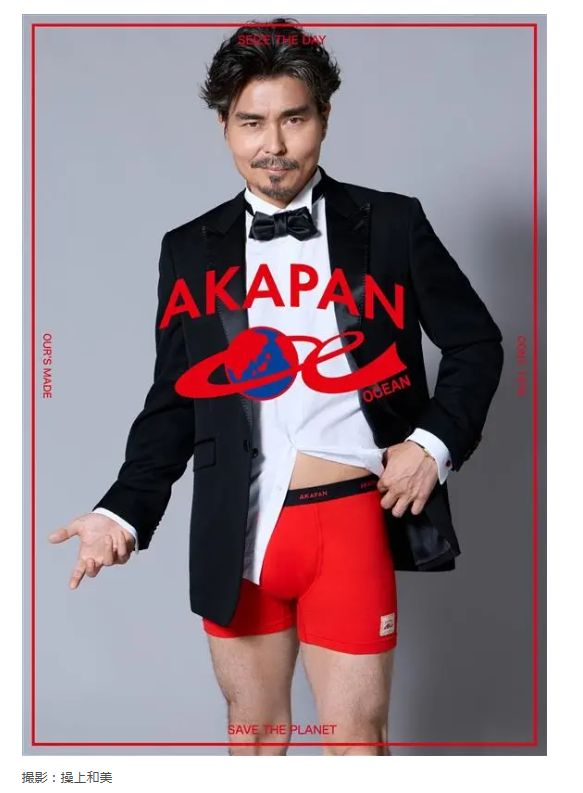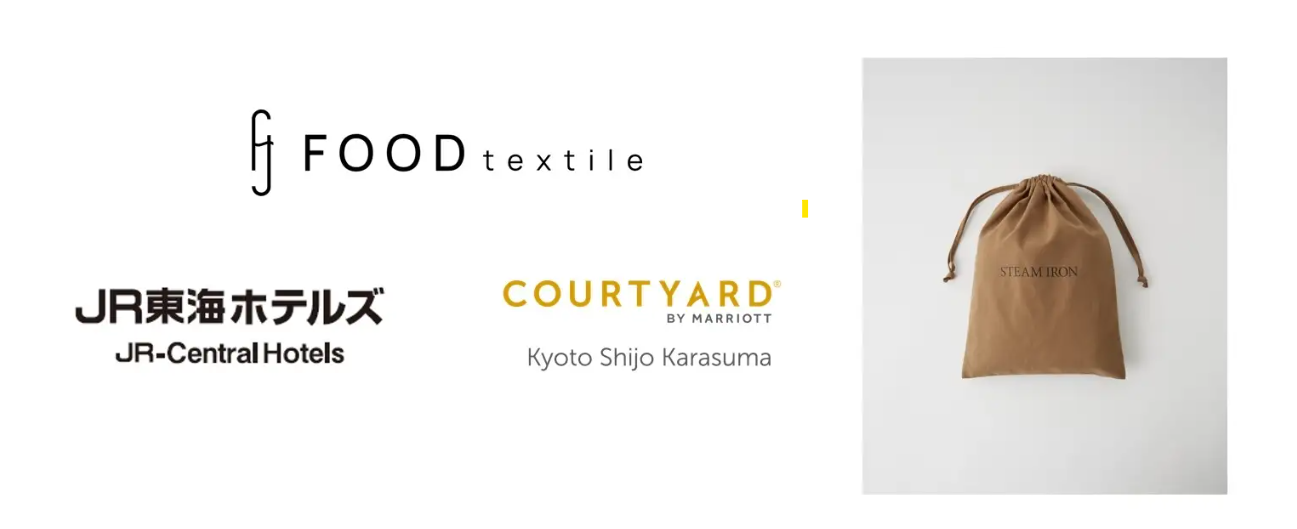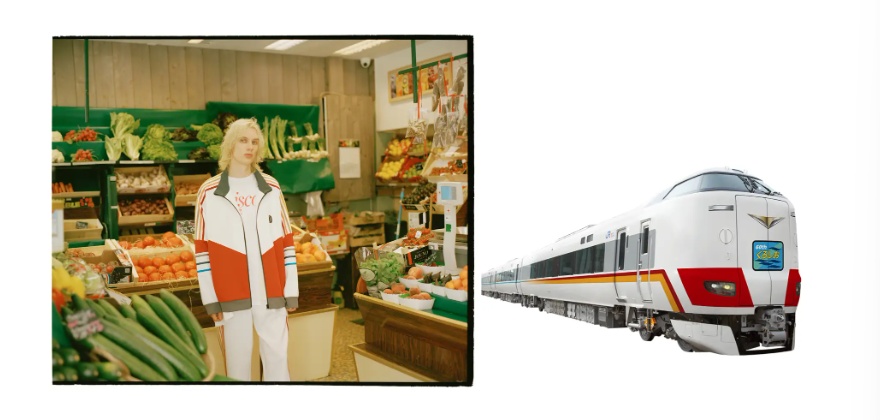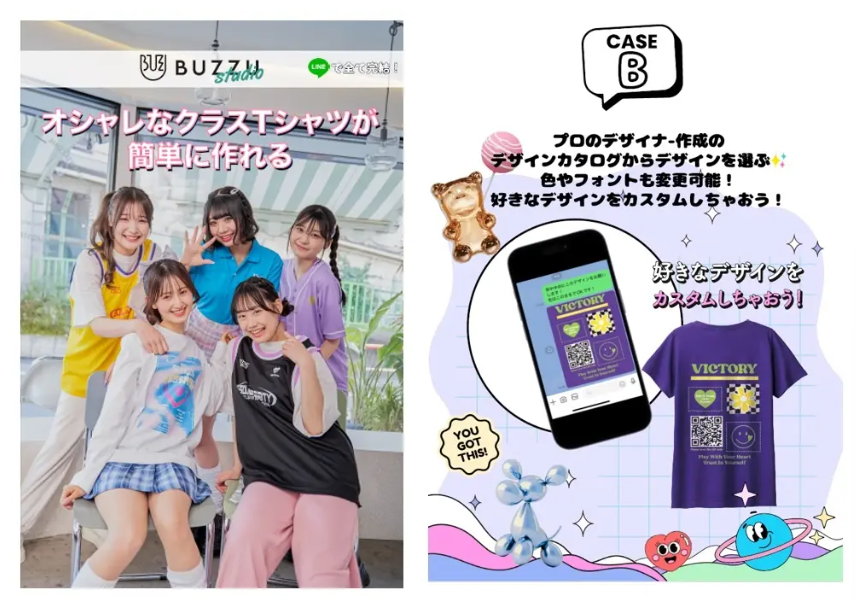In addition, pajamas and pillowcases made with blue mallow, echinacea, purple cabbage, and lettuce residues will be on sale at the women's nightwear "Amur" on the 7th floor of the Hankyu Umeda main store from Wednesday, February 27.
http://www.foodtextile.jp/
Residues of vegetables and ingredients are produced in the manufacturing process of food companies, restaurants, and farms. These residues, which were just waiting to be thrown away, become the source of the FOOD TEXTILE's color.
This is a project to reuse food waste from the fashion industry, where people can enjoy clothing, food, and living scenes with a focus on "food" in a fashionable way by reinventing things that are simply thrown away.
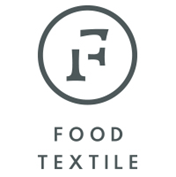
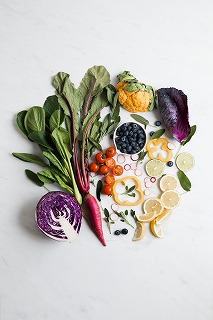
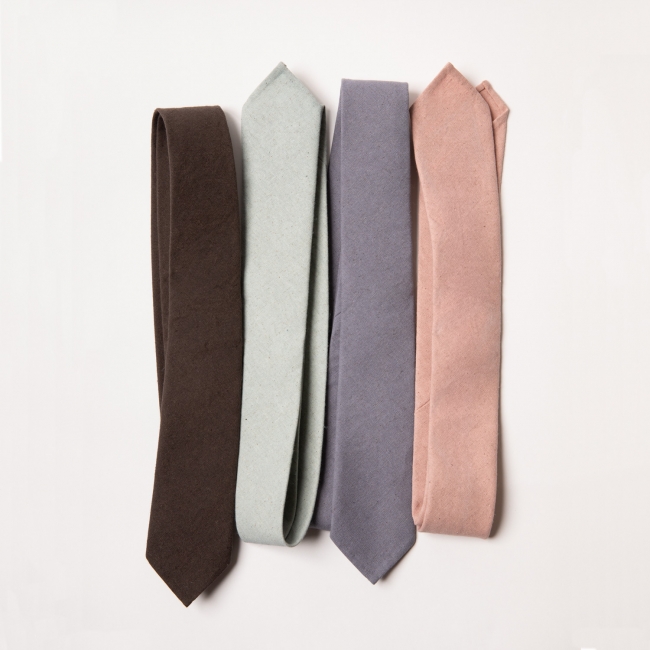
Approaching the food loss problem as a bridge between the food and apparel industries According to estimates* by United Nations agencies and the Ministry of Agriculture, Forestry and Fisheries, one-third of the world's food production is thrown away every year, and Japan's annual food loss amounts to 6 million tons. In recent years, attention has been focused on the problem of food loss, such as exceeding. As a bridge between the food and apparel industries, Food Textile focuses on the "color" of food and utilizes its own dyeing technology to produce ingredients provided by various food-related companies such as Salad Club Co., Ltd. of the Kewpie Group. , We have been working on the food loss problem from the apparel industry by promoting commercialization in cooperation with each apparel brand.
First release of miscellaneous goods and pajamas for new life in spring
The products to be developed at the pop-up shop this time are more than 80 types of items that are popular for their natural and rich colors that are perfect for spring new life. Kewpie Group's Salad Club Co., Ltd.'s purple cabbage, Horiuchi Kajien's blueberry, Life Tree's rooibos, and Tully's Coffee's espresso coffee are representative examples of food residue used in four categories: VEGETABLE, FRUIT, HERB, and BEVERAGE. .
In addition, pajamas and pillow cases using blue marrow, echinacea, purple cabbage, and lettuce residue will be on sale at Hankyu Umeda Main Store 7th floor women's nightwear "Amur". Made from 100% organic cotton, this item has a beautiful silhouette and is comfortable to wear.
In the future, we will strengthen the development of lifestyle miscellaneous goods for department stores, select shops, etc., and continue and strengthen our efforts to address the food loss problem from the apparel industry.
(*FY2015 estimate Ministry of Agriculture, Forestry and Fisheries: http://www.maff.go.jp/j/shokusan/recycle/syoku_loss/attach/pdf/161227_4-55.pdf)
(*Key Findings FAO: http://www.fao.org/save-food/resources/keyfindings/en/)
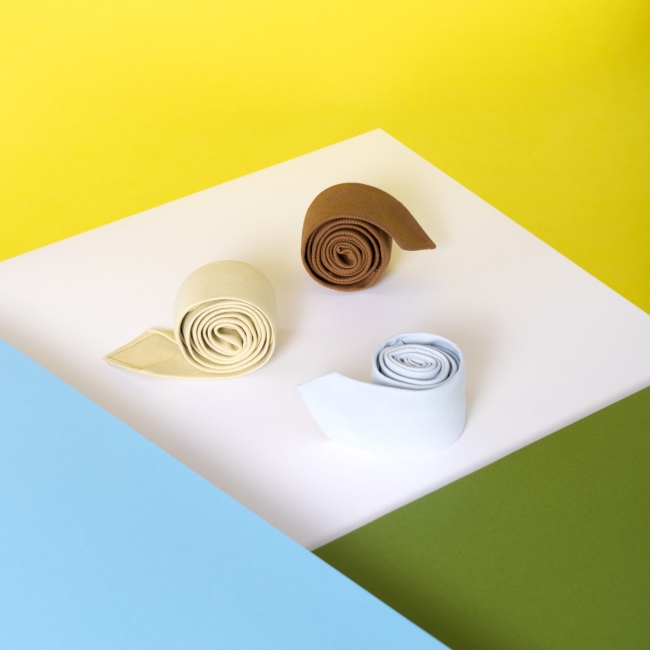
tie (lettuce, espresso coffee, blue marrow)
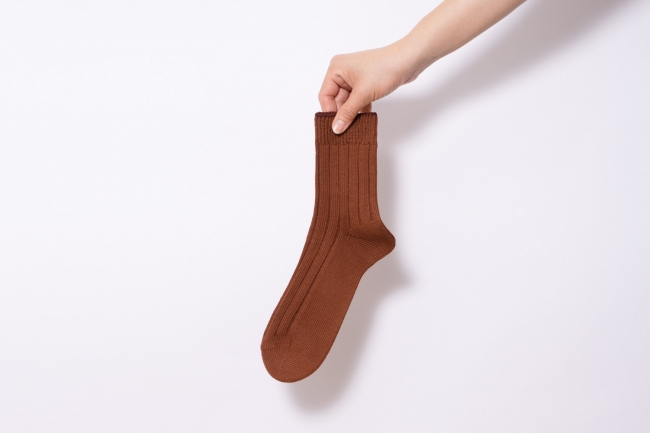
socks (drip coffee)
[Scheduled to open a pop-up shop]
Lucuaire Osaka
・Holding period: March 1 (Friday) to March 19 (Tuesday)
・Operating hours: 10:00 a.m. to 9:00 p.m.
・ Place: 8F Men's Promotion Corner (Address: 3-1-3 Umeda, Kita-ku, Osaka-shi, Osaka)
Hakata Hankyu
・Holding period: March 6 (Wednesday) to March 12 (Tuesday)
・Operating hours: 10:00 a.m. to 8:00 p.m.
・Place: Hakata Hankyu 8F Event Room B (Address: 1-1-1 Hakata Station Chuo-gai, Hakata-ku, Fukuoka-shi, Fukuoka)
■FOODTEXTILE (food textile)

